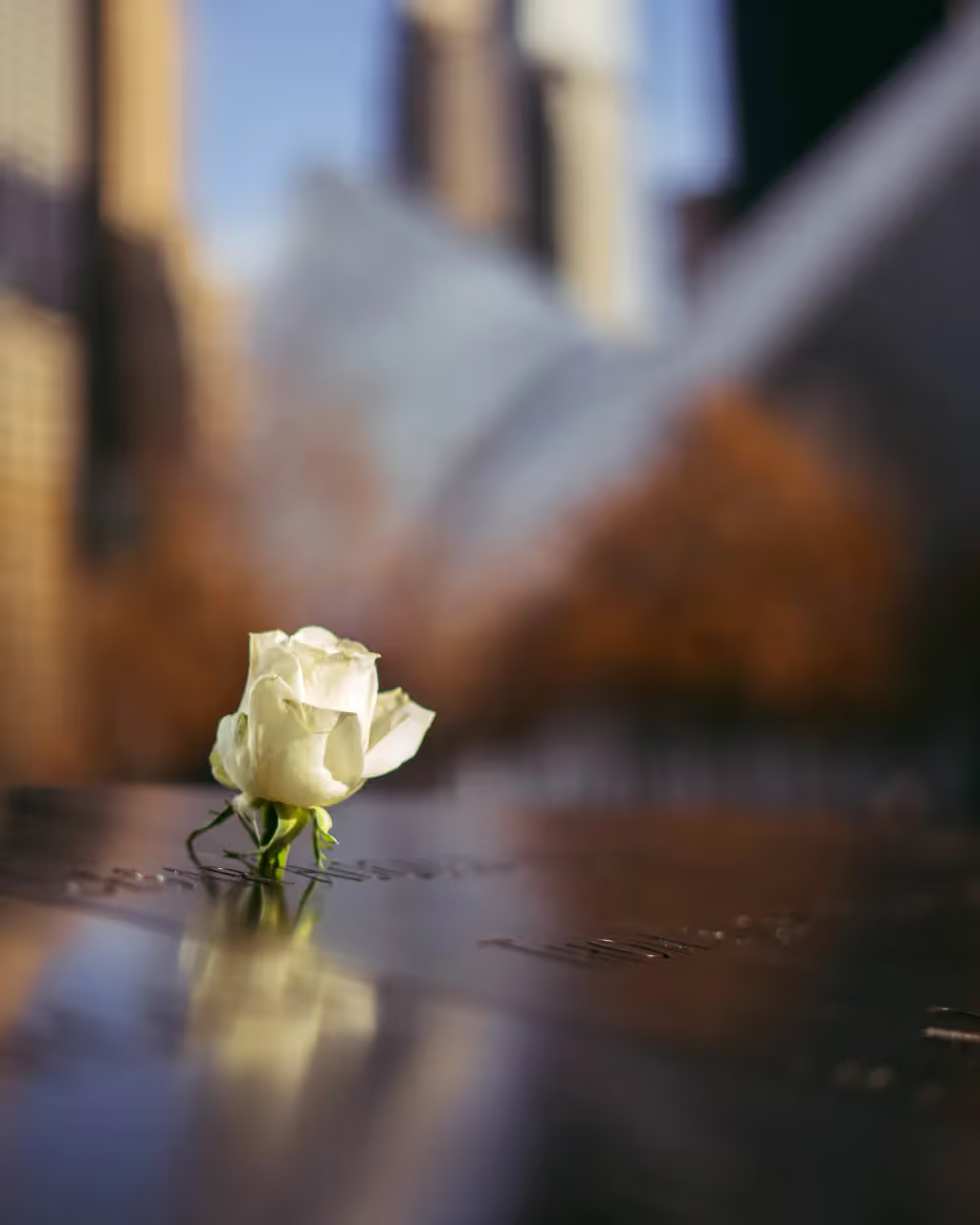There is a wide variety of memorial practices to honor deceased loved ones.Memorializing a loved one keeps that person's memory alive and demonstrates to...

There is a wide variety of memorial practices to honor deceased loved ones.
Memorializing a loved one keeps that person's memory alive and demonstrates to others how much he or she means to you.
Moreover, as a form of grief therapy, it can support you as you go through this challenging time.
What makes memorializing a loved one so special is the opportunity it gives you to honor the individuality of both the deceased and your relationship with them.
While the memory of your deceased loved ones will always be with you, what are some unique ways to honor deceased loved ones?
Make a point of sitting down with others to flip through old photo albums and reminisce about the departed.
Remember their good memories with the help of photographs and anecdotes.
For the sake of those who have also been touched by this loss, you may wish to extend an invitation to those who have the desire to remember.
Even after they're gone, you can learn a lot about a person by participating in the pursuits they enjoyed most.
Try your hand at some of the late person's favorite pastimes or interests.
Keeping an item of theirs, such as a piece of jewelry or an article of clothing, can help you feel closer to them.
Wearing these items is a way to remember and celebrate their lives.
Below are more details on ways you can honor deceased loved ones.
One way to honor deceased loved ones is by keeping something of theirs with you.
Keeping an item of jewelry or other mementos from a deceased loved one can help you feel closer to them even after they are no longer physically present.
Wearing a piece of jewelry or clothing that belonged to the person you are honoring is a touching and simple way to remember them.
You can wear something they gave you, like a hat, necklace, or shirt, to keep their spirit close to you all day long.
You might always have their watch on your wrist, or another of their possessions, with you.
You could also make something out of them that you would enjoy wearing or using regularly.
Quilting in a flannel shirt or repurposing a ring as a necklace are just two examples.

Consider gathering your closest loved ones and celebrating the deceased by sharing memories and stories.
Future occasions like this can be a beautiful way to honor and reflect upon the life of your loved one.
Have your guests recite their favorite anecdotes about the deceased.
Also, consider gathering a group of friends or family members to view old photographs or home movies.
Many people believe that images at a loved one's memorial service exist solely to honor his or her life.
However, when you share photos of the deceased, you are also commemorating the meaningful relationships that were formed during that lifetime.

Even after they're gone, you can learn a lot about a person by participating in the pursuits they enjoyed most.
Prepare their favorite meals, watch their preferred shows, read their preferred books, and turn up the stereo while listening to their favorite song.
Being able to relive these moments can help you feel closer to your departed loved one and give you a greater understanding of who they were.
Maybe you'll make one of their rituals something you continue long after they're gone.
As a result, you will be doing more than just paying tribute; you will also be perpetuating their legacy for future generations to enjoy.
In the days following the death of someone you love or on the anniversary of their passing, you may wish to hold a memorial service in their honor.
The act of holding a vigil can be a way to honor a deceased loved one and a means of bringing awareness to a cause they were passionate about.
These memorials can come in various forms and can be held on any date that holds significance to the family and friends of the deceased.
For example, the traditional tombstone is just one option for memorials.
It could be as simple as a plaque on a park bench or as elaborate as a collection of the person's favorite plants and flowers displayed in a public garden.
A tree in a memorial forest might also be an option.
There will always be someone who will remember your loved one every time they stop to take in the scenery and read the name on the memorial marker.
It's normal to feel hopeless after losing a loved one.
The scar they left behind will eventually heal, but we frequently find ourselves wondering, "How do we go on?"
That is totally normal.
It takes time to work through the experience of grief, and your next steps in life will be unique to you.
Think about how much your loved one would want you to be happy again.
They would want you to succeed in all that you set out to do, to find happiness, and to make the most of the time you have here on Earth.
To a large extent, we carry on the traditions and values established by our forebears.
Think about the things that were important to them and how you can apply those values in your own life.
Consider what they would have wanted for you in terms of your career, morals, and other important life decisions, and follow the example they set.
Memorials come in many forms and serve as therapy for grief for loss as well as an opportunity to show appreciation, reverence, or admiration.
These memorials, whether in the form of a poem, ritual, or celebration, tell the story of the deceased and the impact they had on your life.
It is not necessary to have to do extravagant things to remember a cherished one; even the small things matter.
It's a chance to honor the one-of-a-kind person who has left an indelible mark on your heart.
In this way, those who were close to the deceased can join together to honor their memory and reflect on how their lives were enriched by their presence.
Ways to honor deceased loved ones include; keeping something of theirs with you, sharing their stories and photos, starting a new tradition by doing something they loved, creating a memorial or holding a service or celebration of life, and living your best life.
https://onthewaytowhereyouregoing.com/honor-your-loved-one/
https://www.caringbridge.org/resources/9-ways-remember-loved-one-passed/
https://www.betterplaceforests.com/blog/articles/8-ways-to-honor-a-loved-one
https://www.memorialplanning.com/blog/15-unique-ideas-for-honoring-the-memory-of-a-loved-one
https://www.davenportfamily.com/heartfelt-ways-to-honor-a-deceased-loved-one
Grief can seem worse in the morning as the reality of the loss is often one of the first thoughts upon waking. This can be particularly true if you shared many mornings with the person who has passed away during wonderful years spent together.
It is completely normal to feel dread or even fear when thinking about the upcoming holiday season. One way to ease your anxiety is by planning ahead and being prepared for how you will deal with tough moments. If there are certain events you know will be difficult, try to come up with an exit strategy beforehand so you can leave if needed. It can also be helpful to talk to a therapist or counselor before the holidays to help you manage your expectations and emotions.
Yes, we provide supportive counseling for family members who are struggling with the loss of a loved one. Our compassionate therapists can help you gain insight into your feelings and provide constructive strategies to cope with the pain of bereavement.
Ignoring grief can exacerbate symptoms and make it more challenging to manage over time. This can result in a negative impact on your personal, professional, and social life, leading to feelings of isolation, chronic sadness, and even physical health complications.
Grief can be particularly intense in the early days following a loss. However, it's not uncommon for grief to become more pronounced at certain times, like at night or in the morning. This can be due to the mind being busy processing the events that happened.
There are many healthy ways to cope with the pain of a breakup. Some strategies include engaging in self-care activities, writing in a journal, reaching out to loved ones for support, and reframing your perspective. Additionally, seeking professional help can be an important step toward healing after a breakup.